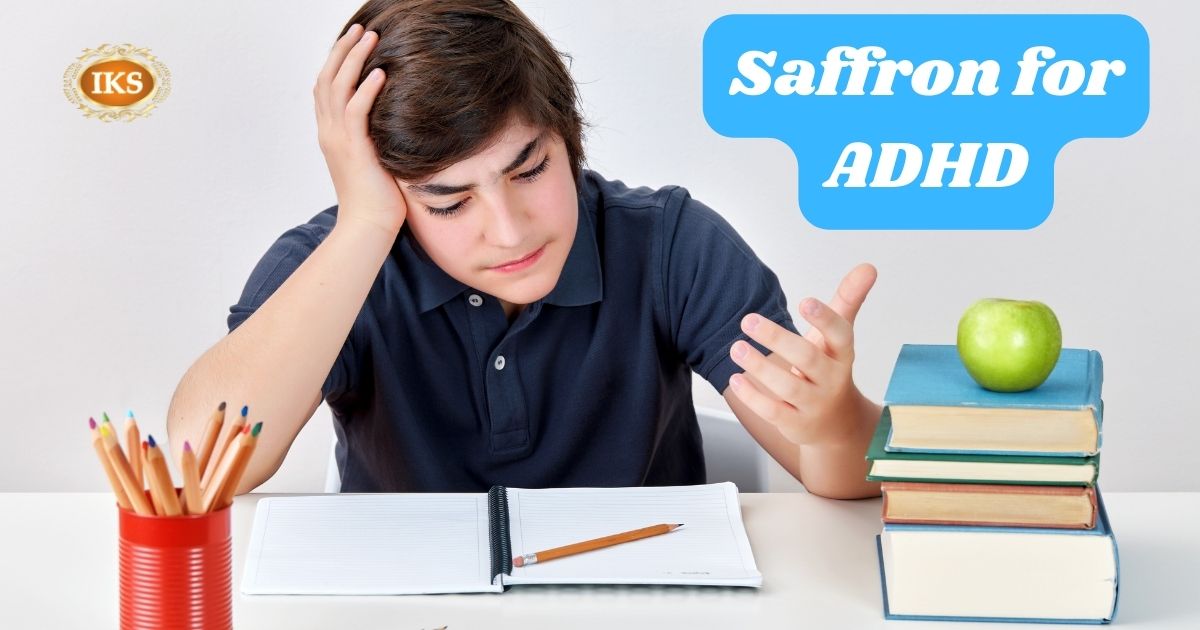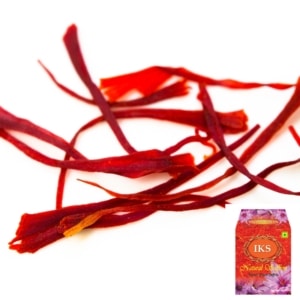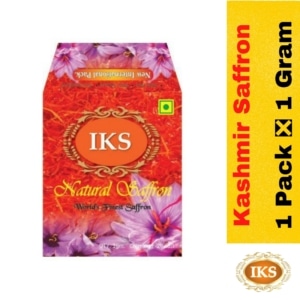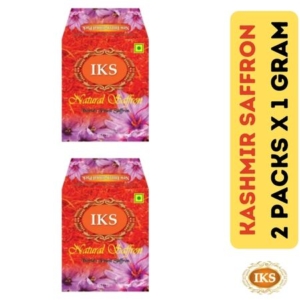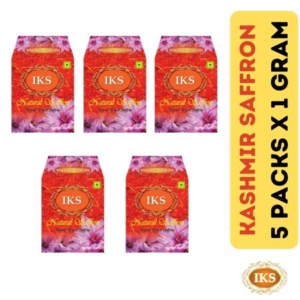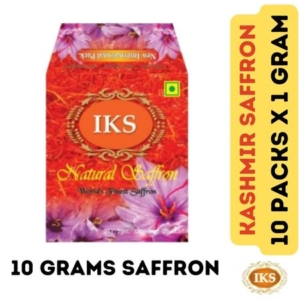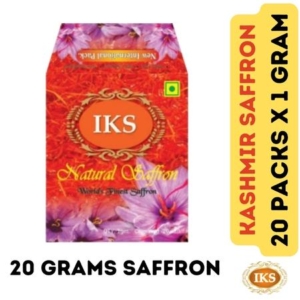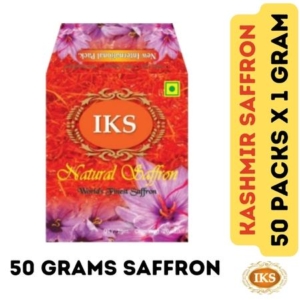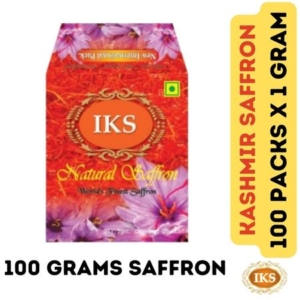Saffron for ADHD: Can It Help Manage Symptoms?
Saffron for ADHD – Attention Deficit Hyperactivity Disorder (ADHD) is a neurodevelopmental disorder that affects both children and adults.
It is characterized by symptoms such as inattention, hyperactivity, and impulsivity, which can significantly impact daily life and overall well-being.
While medication and behavioral therapies are commonly used to manage ADHD, there has been increasing interest in alternative treatments.
One such alternative is Kashmir Saffron, a spice derived from the Crocus sativus flower.
In this article, we will explore the potential benefits of saffron for ADHD and its effectiveness in managing symptoms.
Introduction
Living with ADHD can be challenging, and individuals are constantly seeking ways to alleviate their symptoms and improve their quality of life.
Saffron, a vibrant spice known for its culinary uses, has gained attention for its potential therapeutic properties.
Let’s delve into the topic and examine whether saffron could be a promising option for individuals with ADHD.
Understanding ADHD
ADHD is a neurodevelopmental disorder that affects millions of people worldwide.
It is commonly diagnosed in childhood but can persist into adulthood.
Individuals with ADHD may struggle with paying attention, maintaining focus, controlling impulses, and regulating emotions.
These challenges can interfere with academic performance, work productivity, and relationships.
Traditional Treatments for ADHD
Currently, the most common treatment options for ADHD include stimulant and non-stimulant medications, along with behavioral interventions.
Medications like methylphenidate and amphetamines are often prescribed to manage symptoms by increasing neurotransmitter activity in the brain.
Behavioral therapies focus on developing coping strategies, improving organizational skills, and enhancing social interactions.
Exploring Saffron
Saffron, known scientifically as Crocus sativus, has a long history of use in traditional medicine.
It is primarily grown in regions such as Iran, Greece, and India.
The spice is derived from the dried stigmas of the saffron crocus flower and is known for its distinct flavor, aroma, and vibrant color.
Apart from its culinary uses, saffron has been investigated for its potential health benefits, including its effects on mental health conditions like depression and anxiety.
Saffron’s Potential Benefits for ADHD
While research on saffron specifically for ADHD is limited, some studies have explored its potential benefits for mental health conditions characterized by cognitive impairments, including ADHD.
Saffron contains several bioactive compounds, including crocin, crocetin, and safranal, which possess antioxidant, anti-inflammatory, and neuroprotective properties.
These compounds are believed to modulate neurotransmitter systems and improve cognitive function.
Mechanisms of Action
The mechanisms by which saffron may exert its potential therapeutic effects on ADHD are not yet fully understood.
However, some hypotheses suggest that saffron’s bioactive compounds may enhance dopamine and serotonin activity, which are neurotransmitters associated with mood regulation, attention, and cognitive functions.
Additionally, saffron’s antioxidant properties may help protect against oxidative stress, which has been implicated in ADHD.
Scientific Studies and Findings
Several preliminary studies have explored saffron’s effects on cognitive function and mental health.
While these studies are not specific to ADHD, they provide insights into saffron’s potential benefits.
For example, a study published in the Journal of Psychopharmacology found that saffron supplementation improved attention and memory in individuals with mild-to-moderate Alzheimer’s disease.
Another study in the Journal of Affective Disorders reported that saffron supplementation reduced symptoms of depression in adults.
Saffron Dosage and Safety
Determining the appropriate dosage of saffron for ADHD is challenging due to the limited research in this area.
It is crucial to consult with a healthcare professional before incorporating saffron or any supplement into your ADHD management plan.
They can provide guidance on dosage, potential interactions with medications, and monitor your progress.
Other Considerations
While saffron shows promise as a potential adjunct treatment for ADHD, it is important to approach it with caution.
ADHD is a complex disorder that requires a comprehensive treatment approach.
Saffron should not replace traditional treatments or therapies recommended by healthcare professionals.
It is best viewed as a complementary option that may offer additional support in managing symptoms.
Conclusion
In conclusion, saffron holds potential as a natural supplement for individuals with ADHD.
While research on saffron specifically for ADHD is limited, preliminary studies suggest that saffron’s bioactive compounds may improve cognitive function and mental well-being.
However, more extensive research is needed to determine the optimal dosage, long-term effects, and safety profile of saffron for individuals with ADHD.

